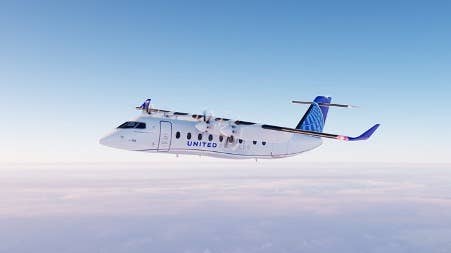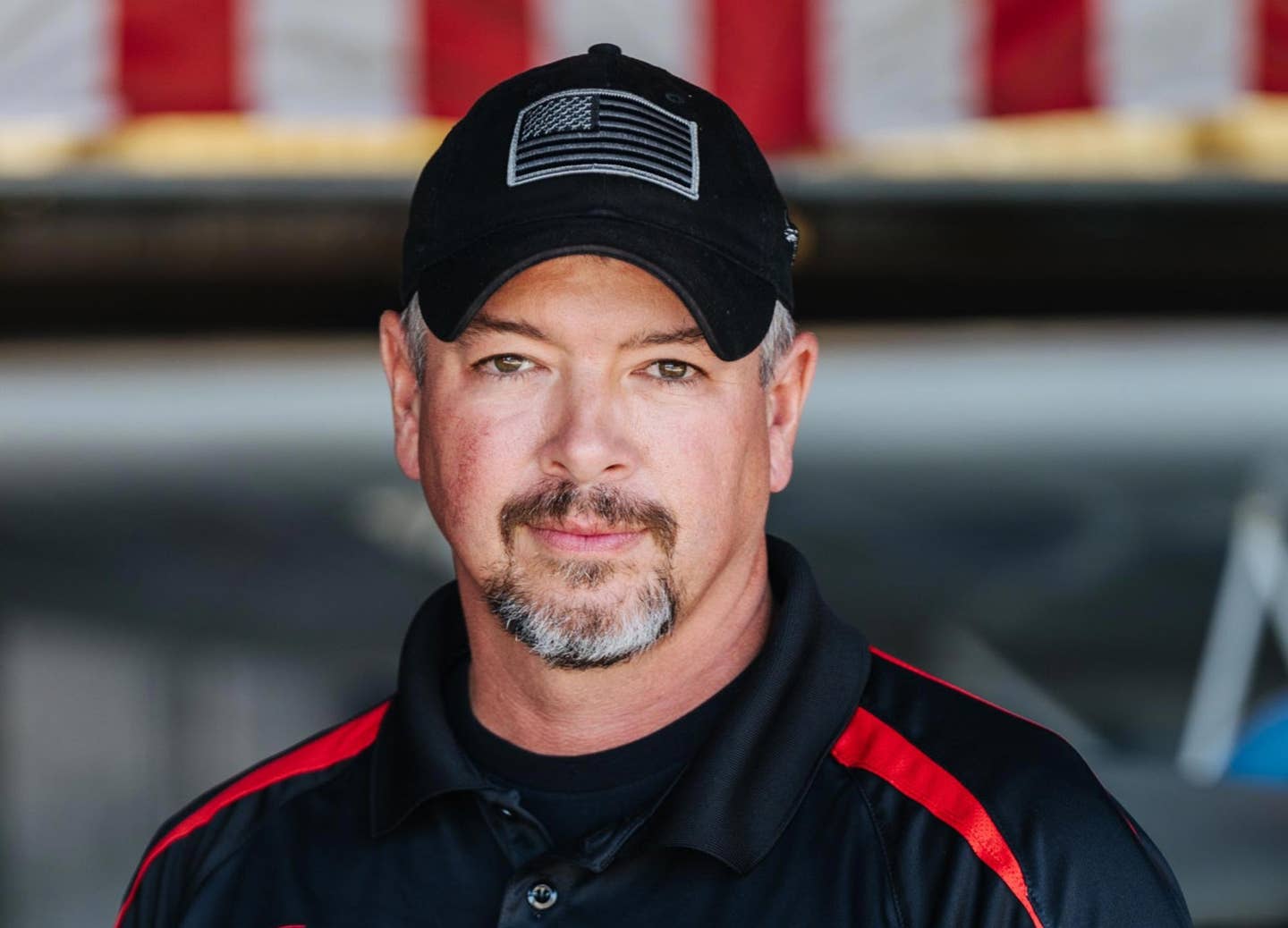Investment Guru Questions The Economics Of Electric 19-Seaters
Virginia-based investment advisory company The Motley Fool (TMF) is recommending we don’t get too juiced up just yet on prospects for electric airliners. Citing United Airlines’ recent conditional (very conditional)…

Photo: Heart Aerospace
Virginia-based investment advisory company The Motley Fool (TMF) is recommending we don’t get too juiced up just yet on prospects for electric airliners. Citing United Airlines’ recent conditional (very conditional) commitments for Boom supersonic jets and a headline-grabbing 270-plane Boeing/Airbus order (which is also subject to complex conditions), the advisors warned investors not to get too excited about a similar agreement to buy 100 Heart Aerospace ES-19s, a developmental 19-seat electric airliner with a proposed range of 250 miles.
Conditions of the agreement include “once the aircraft meet United's safety, business, and operating requirements." TMF wrote, "Investors (and air travelers) shouldn't expect these aircraft to be ready by their planned 2026 entry-into-service date. Moreover, they are unlikely to be commercially successful.” The agreement includes $35 million in seed money for Swedish-based Heart Aerospace, coming from United and its regional airline partner Mesa Airlines.
In addition to the obstacles of certifying lithium-ion batteries as safe and the almost certain delays in any certification process, TMF also notes the impending pilot shortage as an economic challenge for regional carriers. Once a low-paying entry-level pilot job, starting salaries for flying regional airliners could increase “dramatically” in the not-too-distant future, according to The Motley Fool. That would contribute to rendering a 180-knot 19-seat airliner “uneconomical,” they say.






